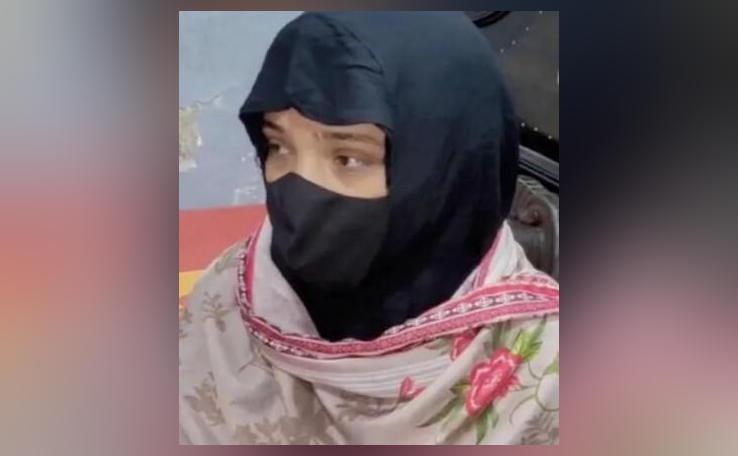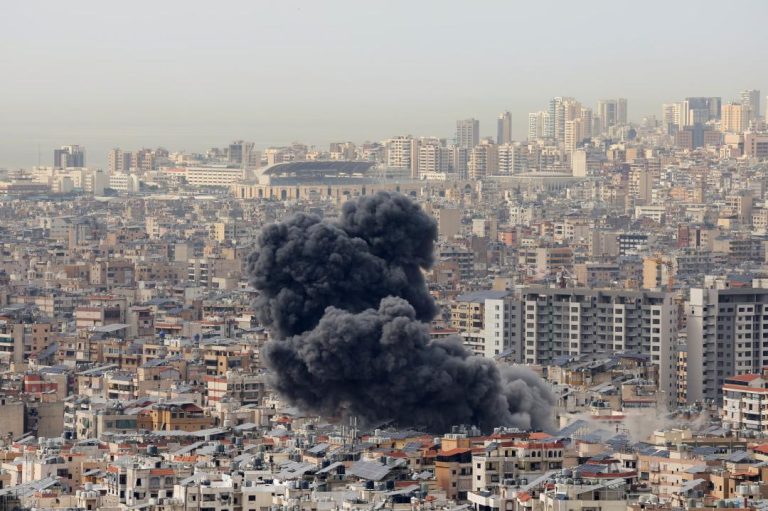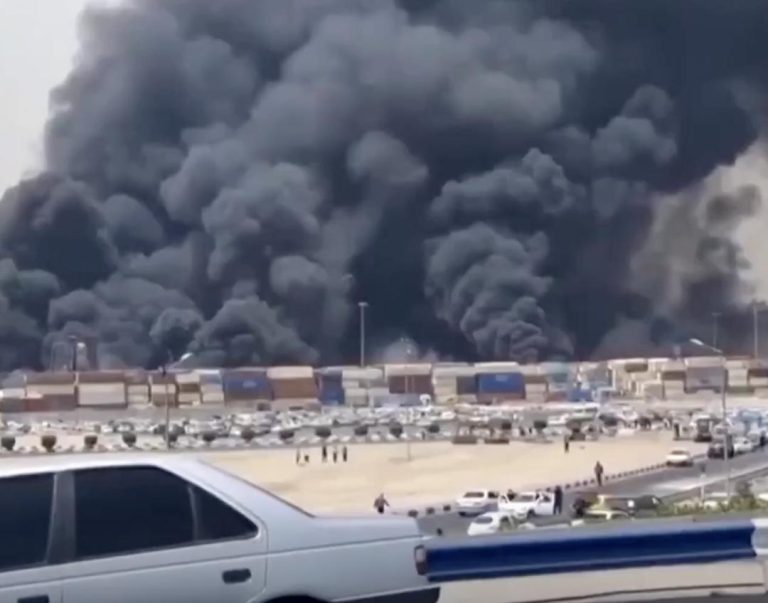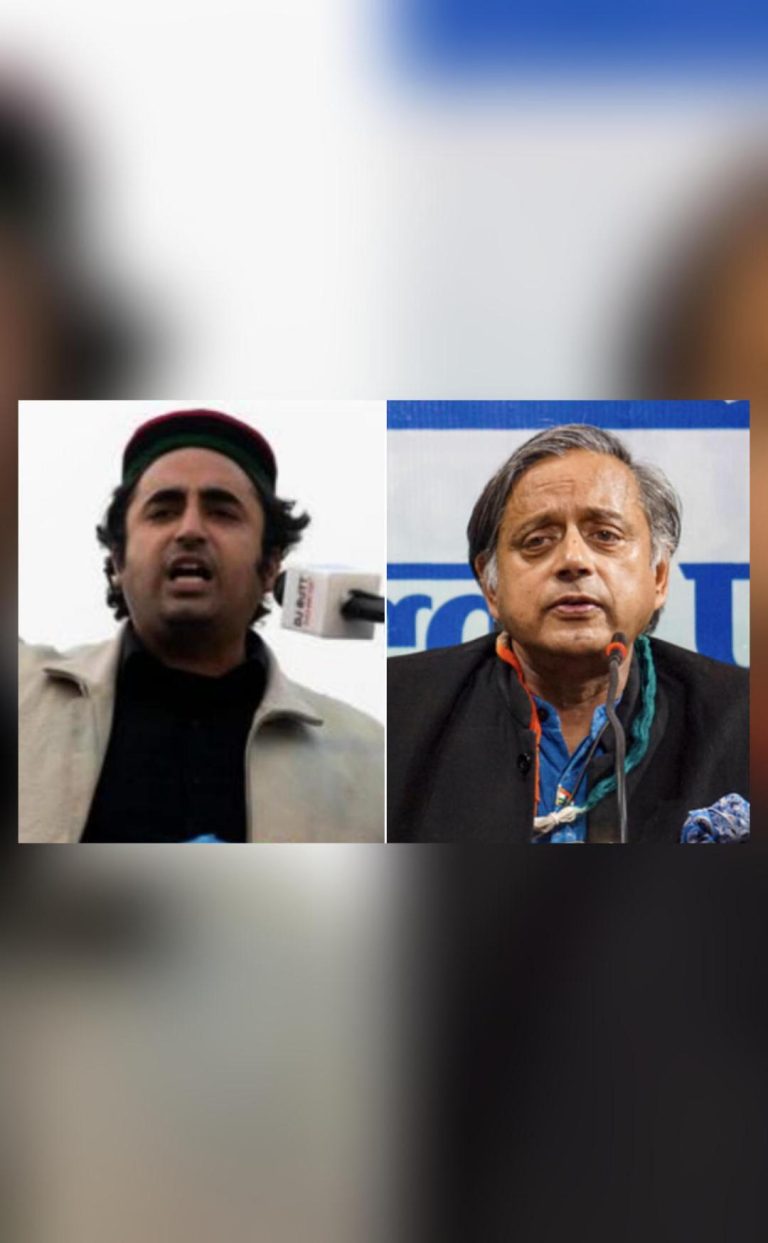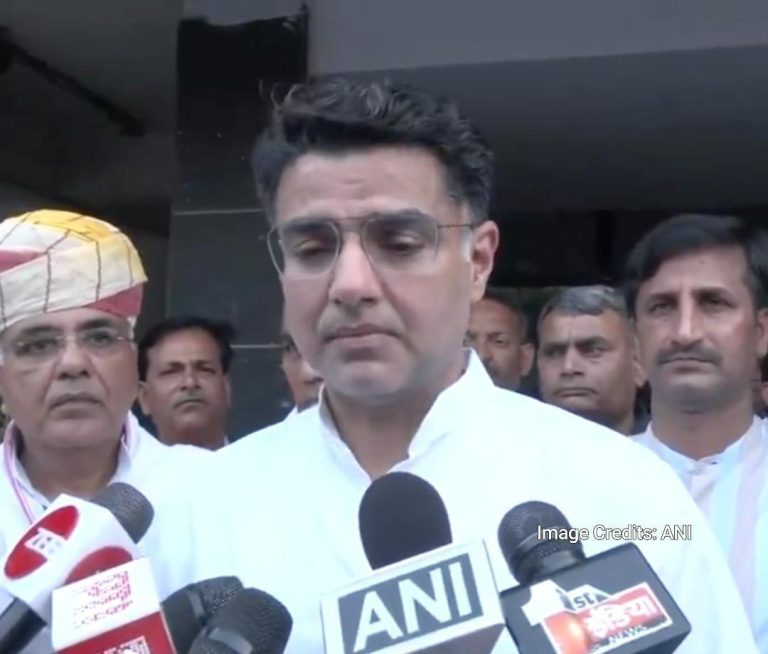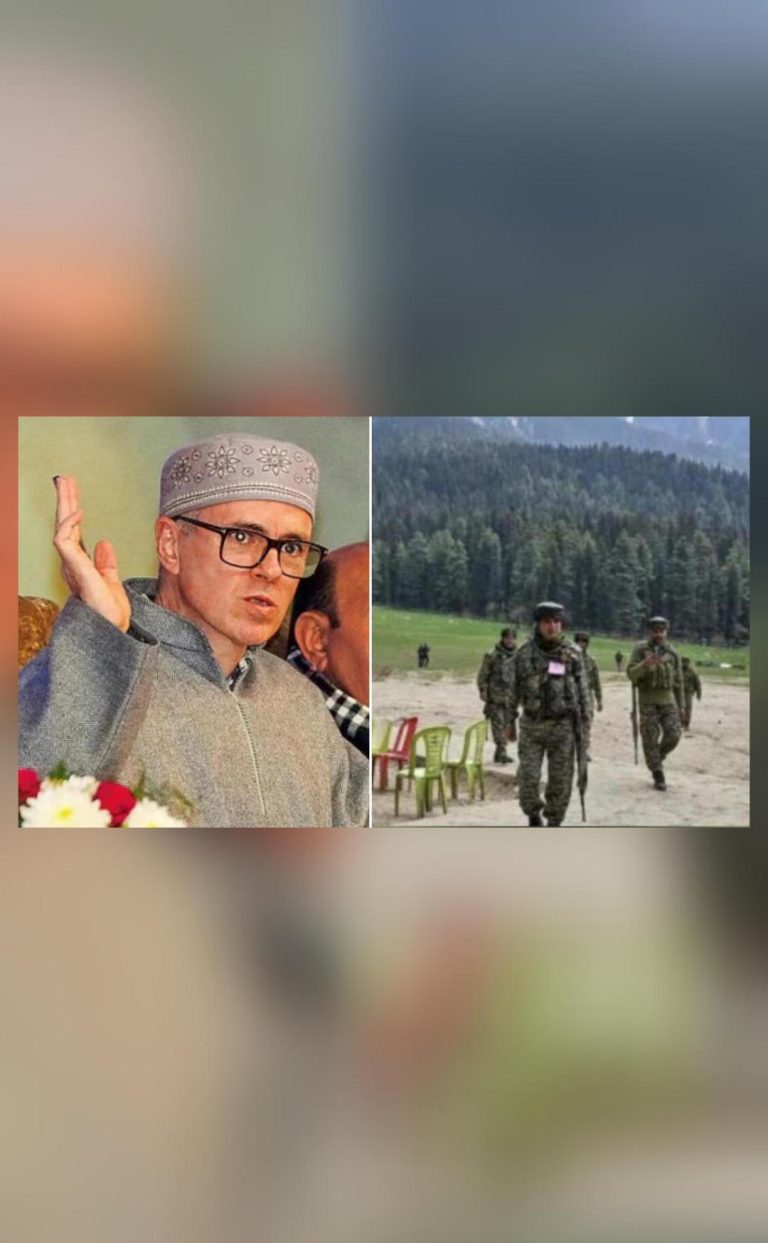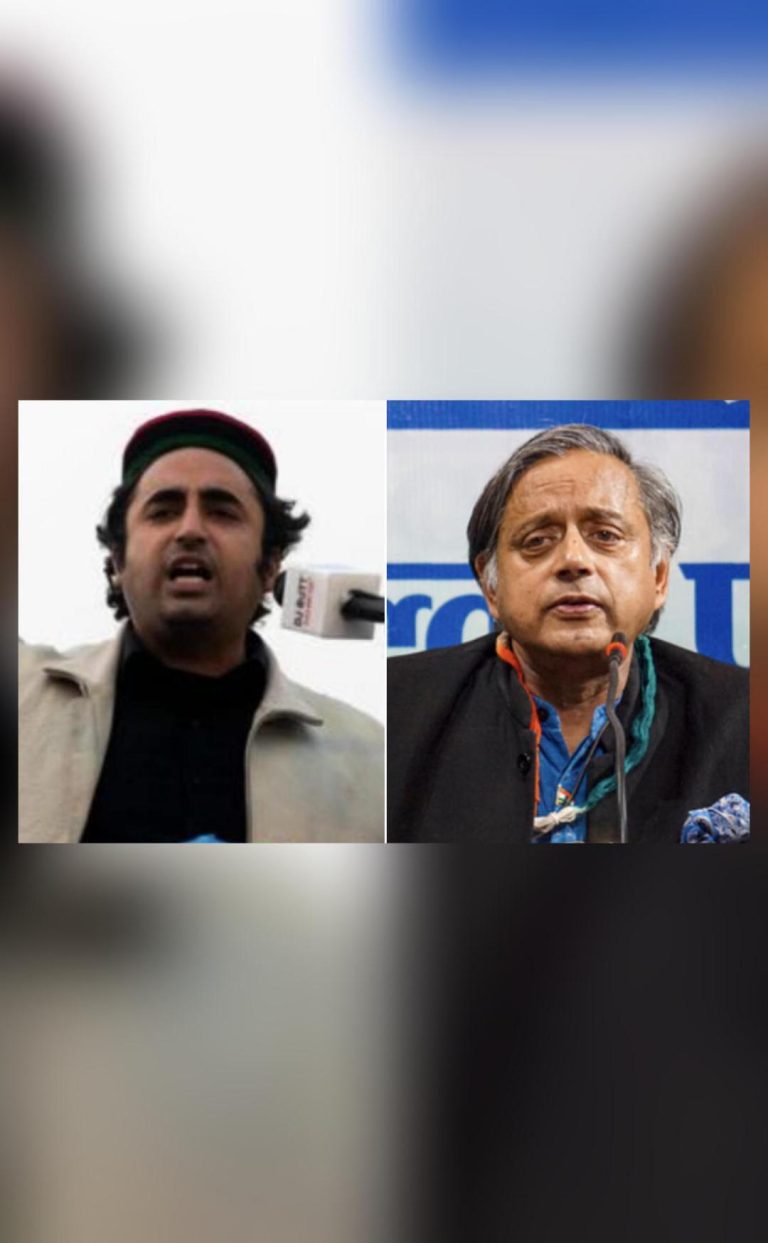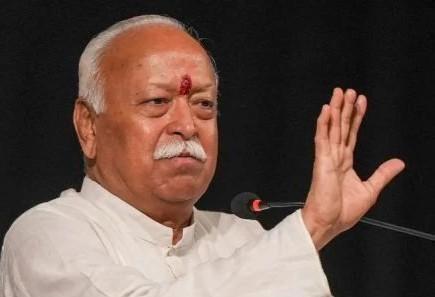
If Someone Turns to Evil, Then We’ll Teach a Lesson: Bhagwat on J&K Attack
In the wake of the recent terror attack in Pahalgam, Jammu and Kashmir, RSS chief Mohan Bhagwat made some startling comments that have sent shockwaves across the country. In an interview, Bhagwat said that non-violence is indeed India’s religion, but so is teaching a lesson to “oppressors and hooligans”. His statements have sparked a heated debate, with many wondering what he meant by his words.
For those who may not be aware, the terror attack in Pahalgam left several people injured and caused widespread destruction. The attack was carried out by militants who opened fire on a group of tourists, including some women and children. The incident has left the nation in a state of shock and outrage, with many calling for stricter action against terrorism.
In the aftermath of the attack, Bhagwat’s comments have added fuel to the fire. While many have criticized his remarks, some have seen them as a much-needed wake-up call to the government to take concrete action against terrorism. So, what did Bhagwat mean by his statement? And is it justified to teach a lesson to those who perpetuate evil?
To understand Bhagwat’s remarks, it’s essential to put them in context. As the RSS chief, Bhagwat’s primary responsibility is to promote the ideology of the Rashtriya Swayamsevak Sangh, which is rooted in Hindu nationalism. While the RSS is often criticized for its alleged anti-Muslim and anti-minority stance, Bhagwat’s comments appear to be a veiled warning to those who are bent on harm.
Bhagwat’s statement about non-violence being India’s religion is a nod to Mahatma Gandhi’s philosophy of non-violent resistance. However, he quickly added that if someone is “bent on being evil”, then what is the cure? In other words, if someone is determined to harm others, then what is the best way to deal with them?
In this context, Bhagwat’s reference to teaching a lesson to “oppressors and hooligans” can be seen as a call to action against those who perpetuate violence and terror. By saying that the government has a duty to protect its citizens, Bhagwat is emphasizing the need for strong action against terrorism.
However, critics of Bhagwat’s statement argue that it is irresponsible and divisive. They point out that his words can be interpreted as a call to violence against those who are already marginalized and oppressed. In a country like India, where religious and communal tensions are already running high, such statements can only serve to exacerbate the problem.
Moreover, some have argued that Bhagwat’s comments are a departure from the RSS’s traditional stance on non-violence. The RSS has always advocated for non-violent means of resolving conflicts, and Bhagwat’s statement appears to be a departure from this principle.
On the other hand, some have defended Bhagwat’s remarks, arguing that they are a necessary response to the growing threat of terrorism. In a world where terror groups are willing to use violence and intimidation to achieve their goals, some argue that it is necessary to take strong action against them.
In conclusion, Bhagwat’s statement about teaching a lesson to “oppressors and hooligans” is a complex issue that requires careful consideration. While his words can be seen as a call to action against terrorism, they also risk perpetuating harmful stereotypes and divisions.
As the nation grapples with the aftermath of the Pahalgam attack, it is essential to remember that terrorism is a global issue that requires a multifaceted approach. Rather than resorting to violence and retaliation, we need to focus on addressing the root causes of terrorism and promoting peaceful coexistence.
Source: https://youtu.be/SpAKVWl5wII
